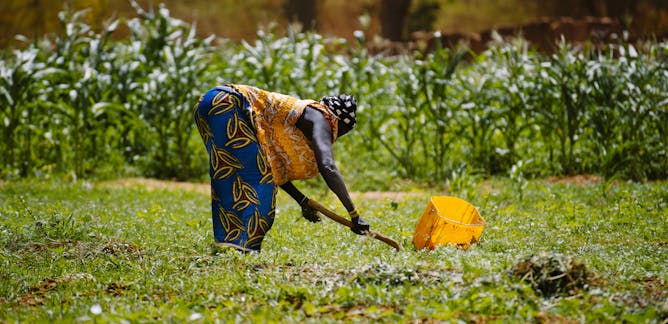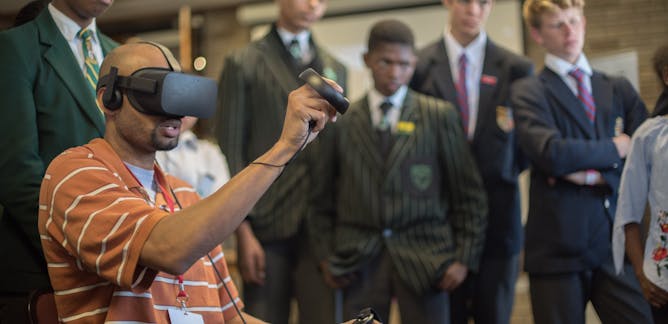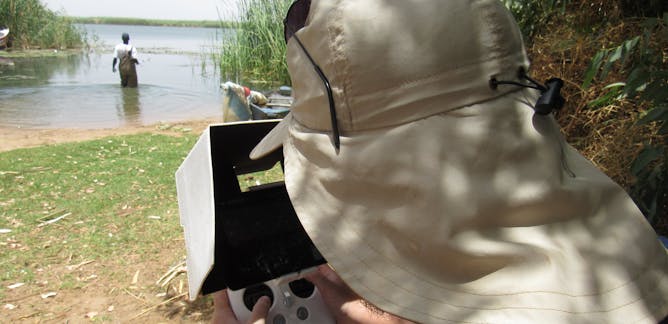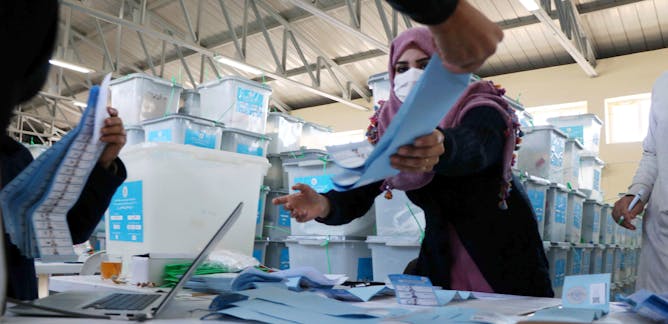|
Harsh economic conditions at home and false pictures of a rosy life in Europe, often presented via social media, are just some of the drivers of illegal migration by young Nigerians. Lanre Ikuteyijo argues that it is important to understand the reasons they leave home, and to try and dispel the myths around what the future might hold for them in a foreign country.
The reasons for migration are very different in rural Burkina Faso. Elisabeth Ilboudo-Nébié explains what research into the dynamics between migration and environmental degradation revealed.
|

Migrants arriving on board the Aquarius ship of Sos Mediterranee, Palermo, Italy.
Igor Petyx/EPA
Lanre Ikuteyijo, Obafemi Awolowo University
Harsh economic conditions at home and false picture of rosy life in Europe contribute greatly to illegal migration by Nigerian youths
|
Politics + Society
|

Elisabeth Ilboudo-Nébié, Columbia University
Soil and water conservation projects can create fertile farmlands and change migration patterns linked to land degradation in Burkina Faso.
| |

Mary de Haas, University of KwaZulu-Natal
The task team established to investigate political killings in KwaZulu-Natal has had little impact on exposing those behind the violence.
|
|
|
Science + Technology
|

Craig Blewett, University of KwaZulu-Natal
A clearer understanding of teachers' needs is required if schools and universities are to be better prepared for a future where technology is key to teaching and learning.
| |

Chelsea L. Wood, University of Washington
Schistosome worms infect hundreds of millions of people worldwide. Researchers have discovered how to use inexpensive drones to identify disease hotspots in remote African villages.
|
|
|
From our international editions
|

Kaweh Kerami, SOAS, University of London
Why Afghanistan is still waiting to hear who its next president will be – nearly four months after the election.
| |

Norman Day, Swinburne University of Technology
The problems of demolishing high-rise buildings in busy cities point to the need to prepare for unbuilding at the time of building. We'd then be much better placed to recycle building materials.
|
|
|